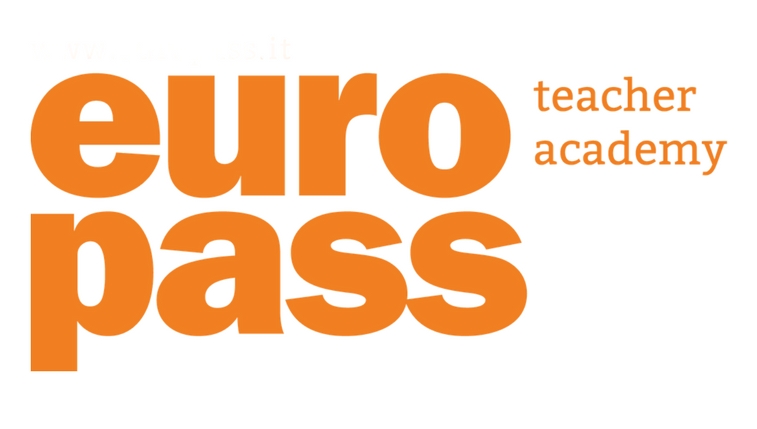Classroom Management Solutions for Teachers: new Methodologies, Effective Motivation, Cooperation and Evaluation Strategies
The first day of our course was mainly an introduction to the week and our new colleagues. We participated in ice breaker activities and team building games. The course showed the advantages of using mobile phone applications to enhance the classroom learning experience as the students were born into the technical age we are now in. It covered applications such as; Google Classroom, Kahoot, Plickers and Edpuzzle and how they could be incorporated into lessons. We experimented from a teacher and a student point of view.
The Khan Academy is an online academy which provides lectures for children who are having trouble understanding general concepts taught at school. Currently they are being translated into around 10 other languages.
The new methodologies discussed focused on taking the classroom outside and using the environment around the school as the teacher. We watched videos on projects based on local rivers, farmland and hibernating animals, projects which involved growing salad for the schools canteen as well as the local community. While the methodologies discussed may not be able to be implemented on a whole school level, they can be implemented in subjects such as biology, geography and even art.
We looked at emotional intelligence and how this can influence a students learning and the classroom environment. In particular we looked at the RULER research from Yale and how it could be implemented in the classroom. Students were more aware of their emotions, how to handle conflict and in the case of high school students, how their emotions might affect the teacher and the lesson.
Internet usage and addiction to gaming was touched on during a discussion about digital intelligence and how to educate children to use the internet safely. DQ World is an online course for 8-12 year olds that they can go through with parents or teachers in order to show them how to use the internet safely and includes topics such as; digital footprint, cyber security and digital empathy.
The final topic discussed was rubricks, which is similar to our A,B,C objectives. We talked a little about fair evaluation and tried a basic rubrick maker.

